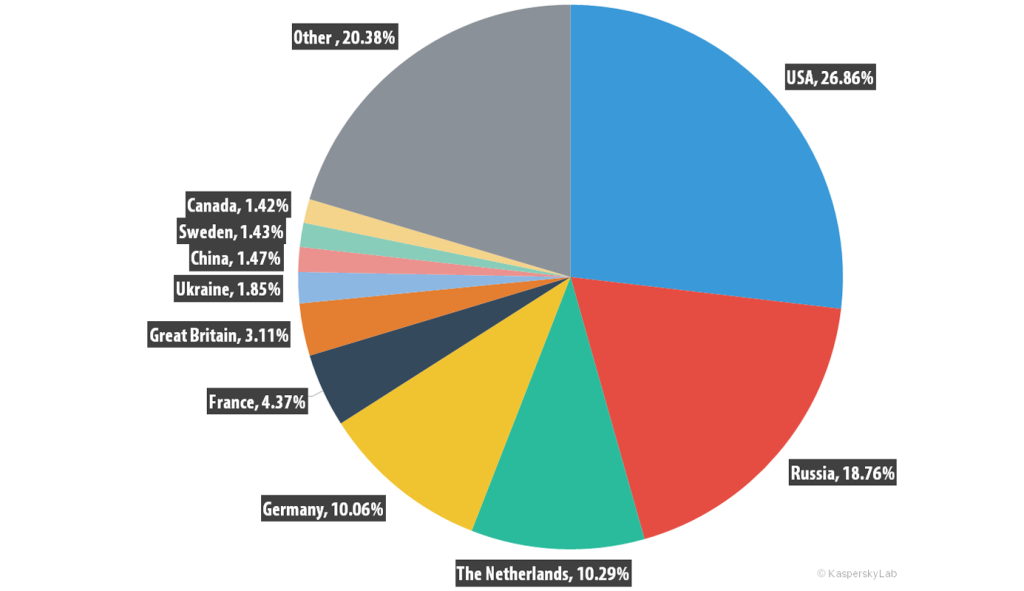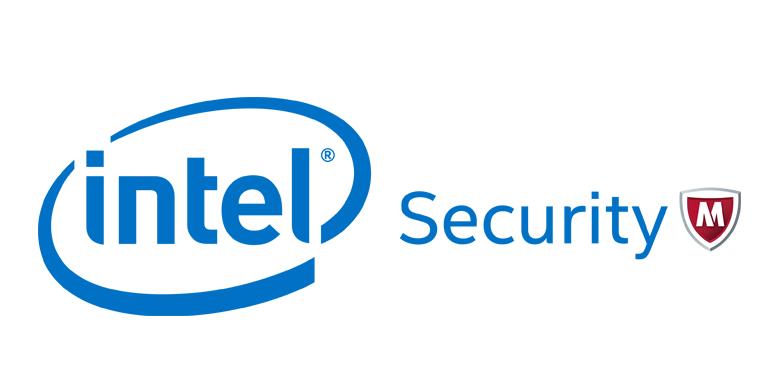In the threat landscape, Canadians may be helping attack others while avoiding the brunt of it.
These are among the findings of Kaspersky Lab’s Q3 malware report, which found that Canada and Sweden are newcomers to a list of “Top 10 countries where online resources are seeded with malware.”
The list saw the U.S. and Russia lead in their share of web attack sources, followed by the Netherlands and Germany. China, Sweden and Canada were among the top 10, but ranked the lowest.
The report said that statistics were based on “the physical location of the online resources that were used in attacks … (web pages containing redirects to exploits, sites containing exploits and other malware, botnet command centers, etc.)”
Researchers matched domain names against actual domain IP addresses, after which a physical location or GEOIP is determined.
Yet, Canadian internet users seem to stay relatively safe in the global exchange of malware.
Canada ranked as the second most secure country, behind Japan, with only 2.87 per cent of users attacked in the past quarter, followed by Denmark, Sweden and Australia.
On the flipside, the countries targeted by the most attacks include Bangladesh, China and Nigeria.
Also interesting is that the report found a slight decline in attacks for online banking.
In Q3, Kaspersky saw 5.7 million notifications of attempted attacks in this category, where the previous quarter clocked in at 5.9 million.
Not surprisingly, however, the overall threat landscape looks to be more dangerous than ever, with an 11 per cent increase of malicious mobile programs detected from Q2. Unique malicious URLs also grew by 16 per cent from the previous quarter, with mobile adware also increasing and accounting for more than half of all detected mobile threats, the report said.
“Malicious mobile programs are on the rise and in countries where online banking is popular, people are at considerable risk from Trojans looking to target them,” David Emm, a principal senior security researcher at Kaspersky Lab said in a statement. The developments in Q3 demonstrate that the global threat landscape is continuing to evolve at a fast pace.”




